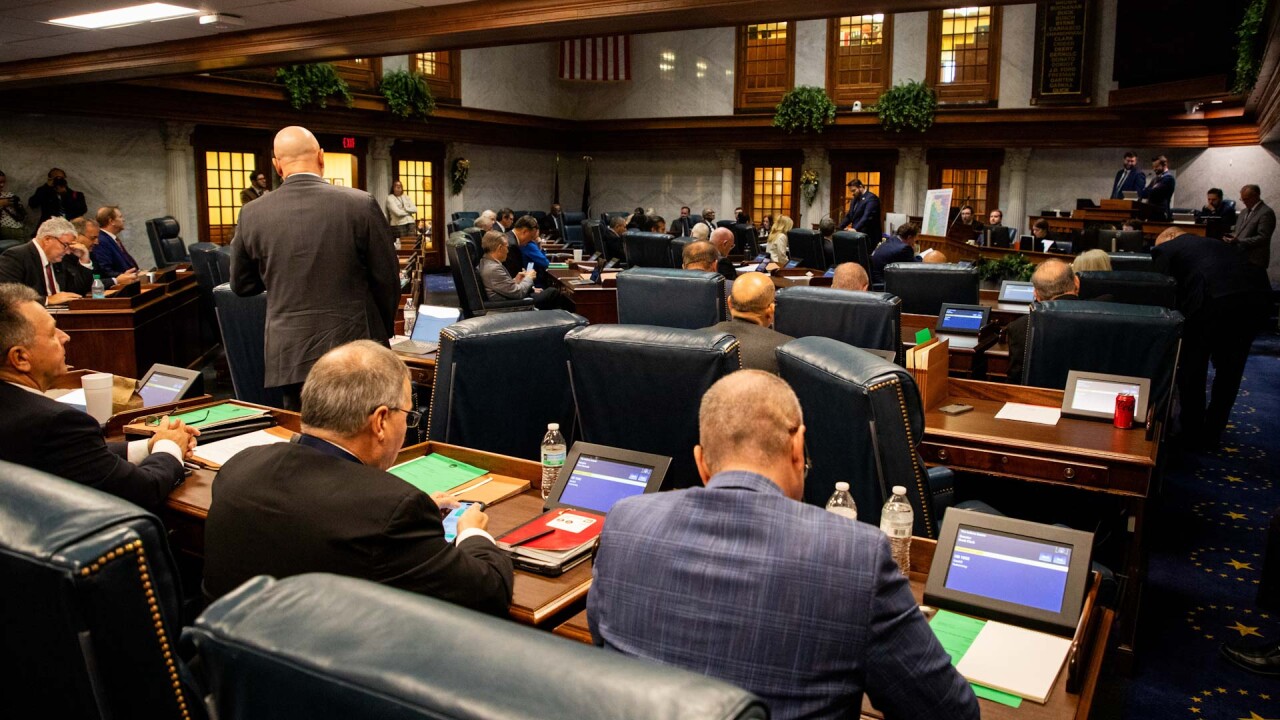California got
The state has released its annual comprehensive financial report progressively later since 2019 when it first went full bore with FI$Cal, its financial tech system. Up until then, California had a long record of releasing them by April 1, its internal goal, though the Government Finance Officers Association recommends they be released within six months of the end of the fiscal year.
“California is the world’s fifth-largest economy and integrating financial reporting from independent and subordinate entities from pension funds to universities is a complicated process, not just a technological challenge,” Treasurer Fiona Ma said in an emailed response. “It requires coordination among four agencies — the Department of Finance, the State Controller, the State Treasurer, and the Department of General Services.”

The state first went awry with its ACFR schedule in 2019, when it released the audited financial statements for fiscal 2018 eleven months late in June. It then released its ACFR for fiscal year 2018-19 on Oct. 23, 2020 — and has yet to release the ACFR for fiscal year 2019-20, though the auditor’s report says it’s estimated to be released this month.
Ma didn’t respond to a follow-up question on what date the ACFR is anticipated, or why when bonds are sold it isn’t releasing unaudited financial statements as it did the first year the ACFR came out late. Noah Starr, a Ma spokesman, responded that questions about the timing of the ACFR are better answered by the state controller, because that falls under the controller’s purview.
Marc Joffe, a senior analyst with the Reason Foundation, filed a FOIA request in December for the ACFR, as part of research for a survey on the liabilities of 30,000 state and local governments.
“I didn’t see how I could complete the survey without including one of the largest municipal governments,” Joffe said.
He also requested the unaudited financial statements, which the state has been willing to release previously when its ACFRs were late.
In 2019, “the state put a message on EMMA saying it couldn’t publish in time, so here’s an unaudited report,” Joffe said. “This time they just put, ‘we don’t have it and we don’t when we will have it,' and that’s it. Since the state previously released an unaudited ACFR, I don’t know why they are not doing that now. I think that’s bad.”
The response Joffe received to his FOIA request was that the unaudited financial documents are a “draft,” and they aren’t required by public records laws to release a “draft.”
The treasurer did express faith in the state’s FI$Cal system — a project first launched in 2006 that has gone billions of dollars over budget, and wasn’t really launched until 2018.
“The FI$Cal system is extremely ambitious and reflects California’s role as the global leader in technology innovation,” Ma said in the emailed response. “FI$Cal will modernize how the state of California manages its finances. It is one of the largest and most dynamic IT and business-transformation undertakings in the state’s history. It eliminates the need for hundreds of independent legacy systems by combining the state’s accounting, budgeting, cash management, and procurement operations into a single financial-management system.”
State Controller Betty Yee said she and her team take the FI$Cal audit results “very seriously, as we work on bringing the Controller’s Office control functions live for FI$Cal to serve as the Book of Record.”
The controller’s "staff cannot prepare the annual ACFR without timely and accurate financial reporting from state departments. This has become increasingly complicated by significant challenges on the part of departments to meet financial reporting requirements as they migrate to the new system,” Yee said.
The controller also noted that she has been raising a red flag about the system’s rollout since 2016.
“The audit findings are not surprising,” Yee said. “Since 2016, my office has informed various stakeholders about the mounting concerns that departments’ struggles with FI$Cal are impeding our ability to release a timely and accurate ACFR. Despite training provided by the FI$Cal project, my team also has had to provide increasingly significant assistance to departments.”
Ma added that the “system will continue to progress and improve. The investment community understands this process and scope of the undertaking.”
Though ratings analysts
S&P Global Analyst David Hitchcock said the ratings agency included the fact it was late in the ESG segment of its most recent ratings report on California.
“We view the state's governance risks as elevated due to issues of transparency and reporting as a result of consecutively late audited financial statements,” S&P analysts wrote. “The state's audited comprehensive financial statement for the fiscal year ended June 30, 2020, has not yet been released, which we consider very late, following late release of the previous fiscal year's audited financial statements. We generally expect audits to be completed within 12 months of the end of a fiscal year.”
As to whether it rises to the level of a potential rating downgrade, Hitchcock said, “if it does, it would be up to a future rating committee.”
“However, I would note that our current rating on the state of AA-minus is below our average state GO rating, and it is also possible a future rating committee might view the lack of a timely financial audit as a potential reason to delay or prevent upward movement in the rating,” he said. “Currently, we assign a positive rating outlook.”





